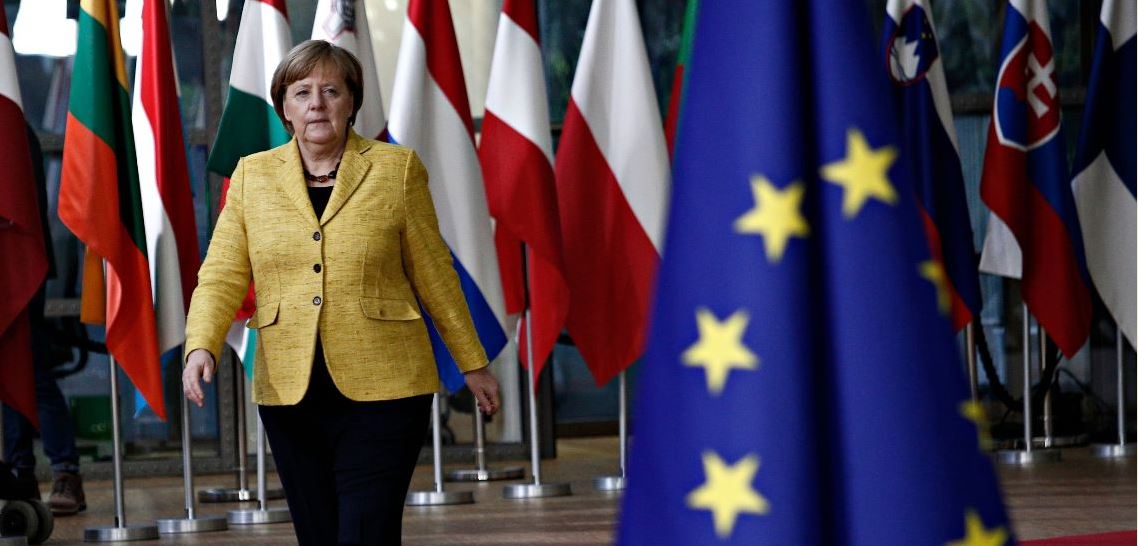Captain in the Storm: Challenges and Opportunities for the German EU Council Presidency
The German Presidency of the Council of the European Union begins on July 1, 2020 at a time of acute crisis. It is facing unprecedented challenges and organizational constraints in a context marked by high expectations from its European partners.

The purpose of this paper is to present the aims that Berlin has set itself and the room for maneuver at its disposal. After outlining the revised priorities of the German Presidency, it focuses on the debate on strategic independence and, in this context, on the relationship with China. Finally, it analyzes the conditions for German leadership at a moment when the Federal Government is facing conflicting expectations from its partners: it concentrates more specifically on Franco-German cooperation.
Claire Demesmay is head of the “France/French-German Relations” program at the German Council on Foreign Relations (DGAP) in Berlin.
This publication is available in French: “Capitaine dans la tempête : défis et enjeux de la présidence allemande du Conseil de l’Union européenne”. (pdf)
Related centers and programs
Discover our other research centers and programsFind out more
Discover all our analyses
Securing critical raw material (CRM) value chains – a prerequisite for Europe’s technological resilience
At the heart of economic security, technological resilience is a backbone of the European Union’s (EU) competitiveness. The EU’s energy and digital transitions depend on critical raw materials (CRM).

Reconciling competitiveness and demographic change: a Franco-German imperative
France and Germany are facing parallel demographic shifts that could reshape the future of their economies and their social models. These shifts reflect broader European patterns but are magnified by the central role both nations play in EU governance and competitiveness.
Taking the Pulse: Does France's Political Crisis Weaken Europe's Geopolitical Hand?
While the EU tries to navigate a myriad international challenges, France is experiencing historic political disarray. What impact will instability in Paris have on Europe's geostrategic capacity?
Imaginary and Reality of the Franco-German border: a Laboratory for Europe of tomorrow
In Europe, the question of borders is a central issue. According to the European Parliament, border regions cover around 40% of the European Union (EU) territory, concentrate 30% of its population and produce nearly a third of its gross domestic product.









